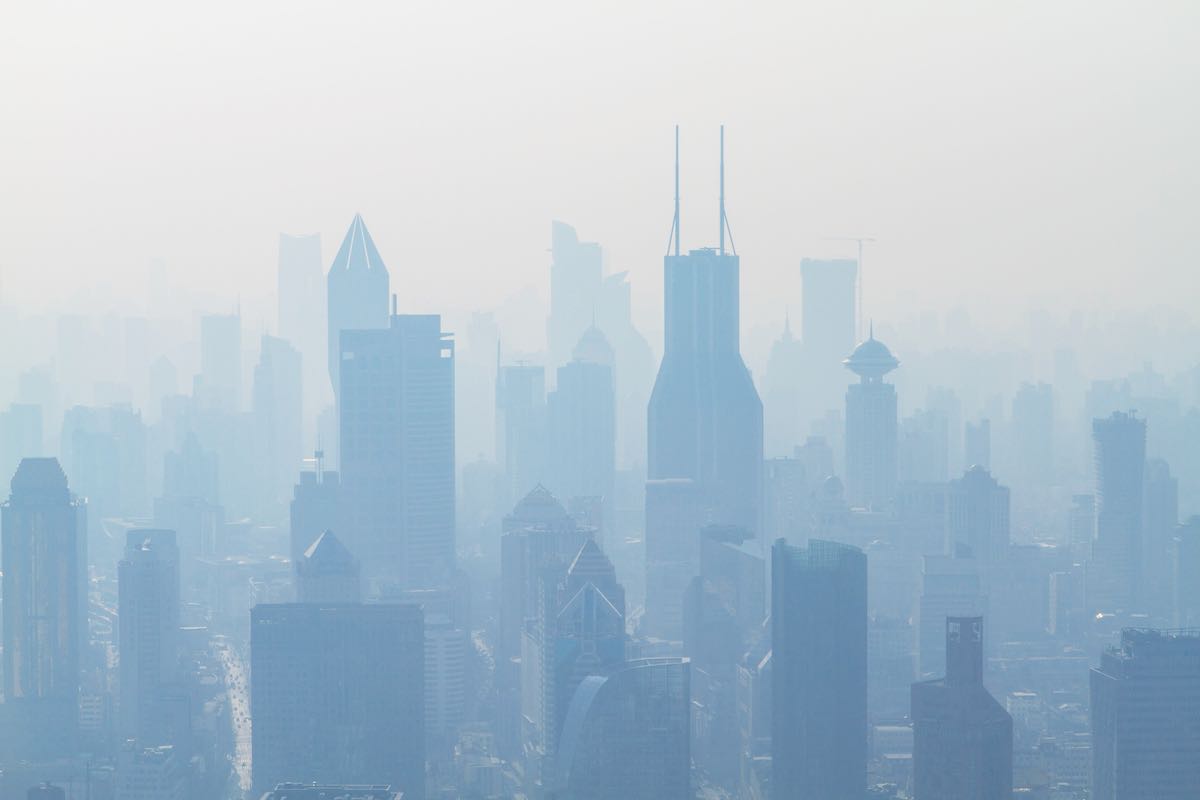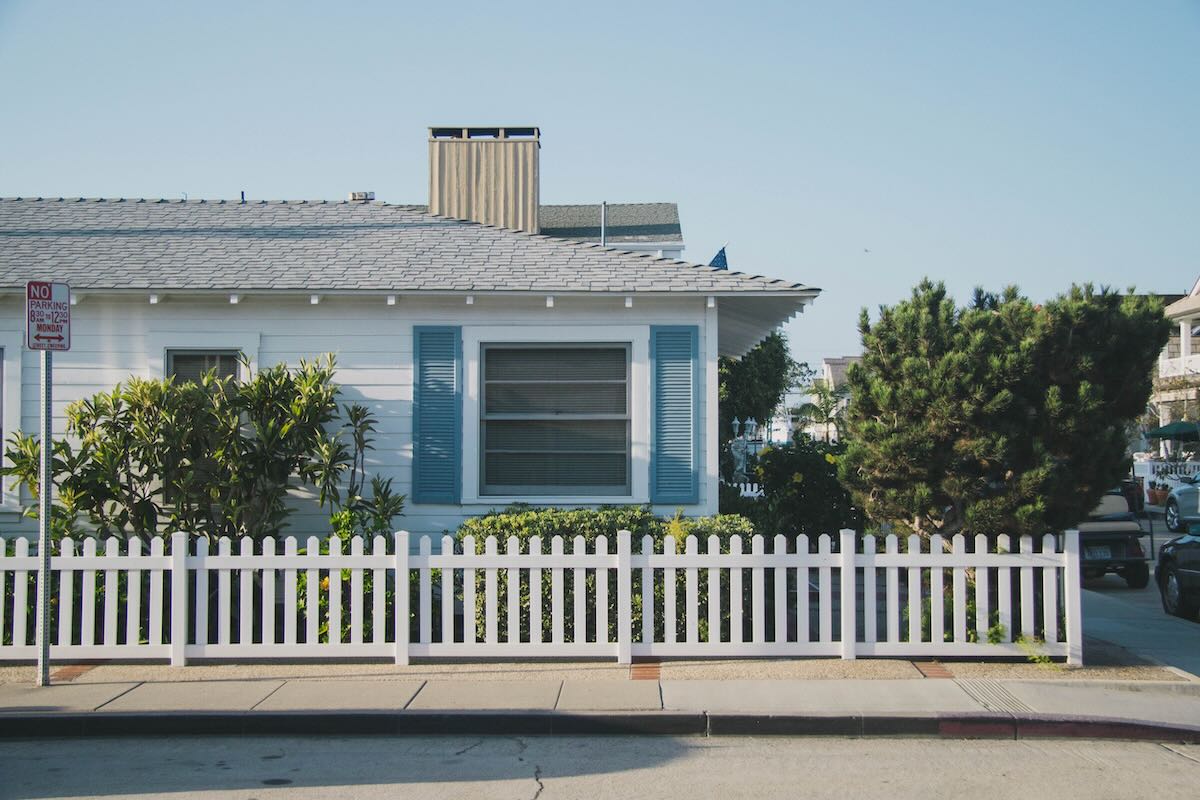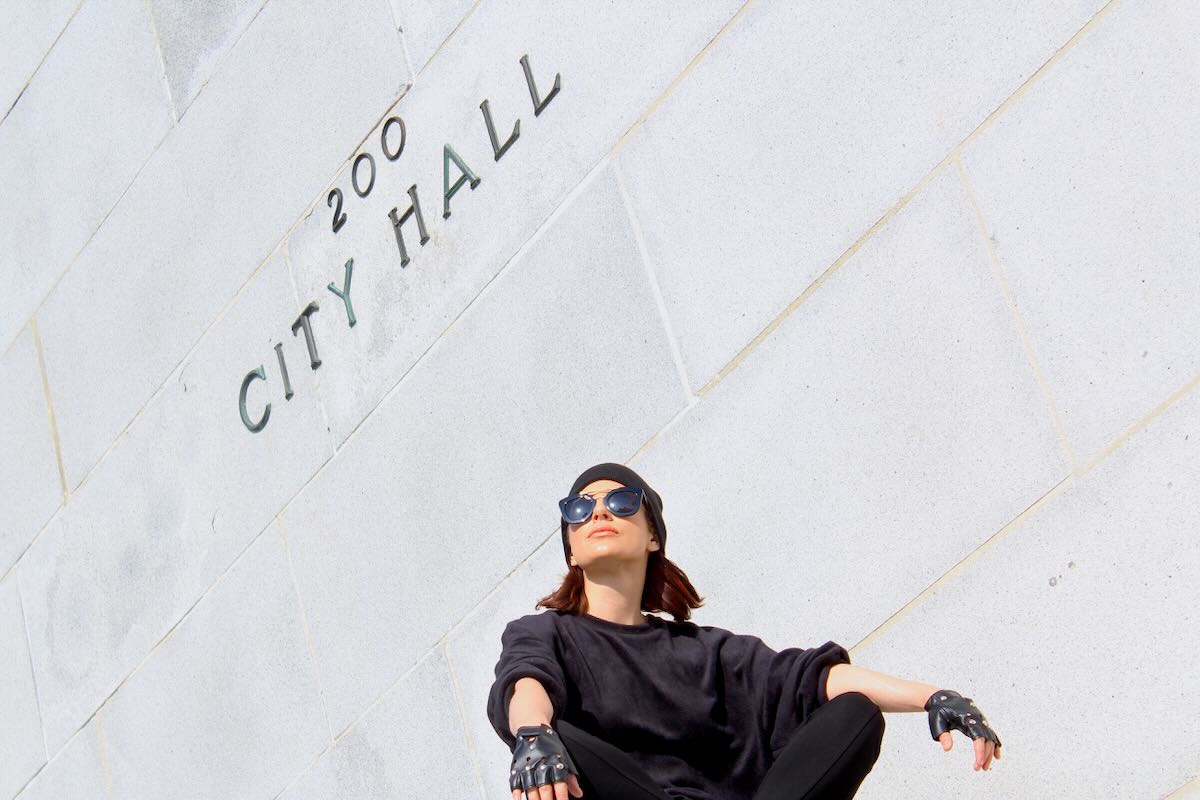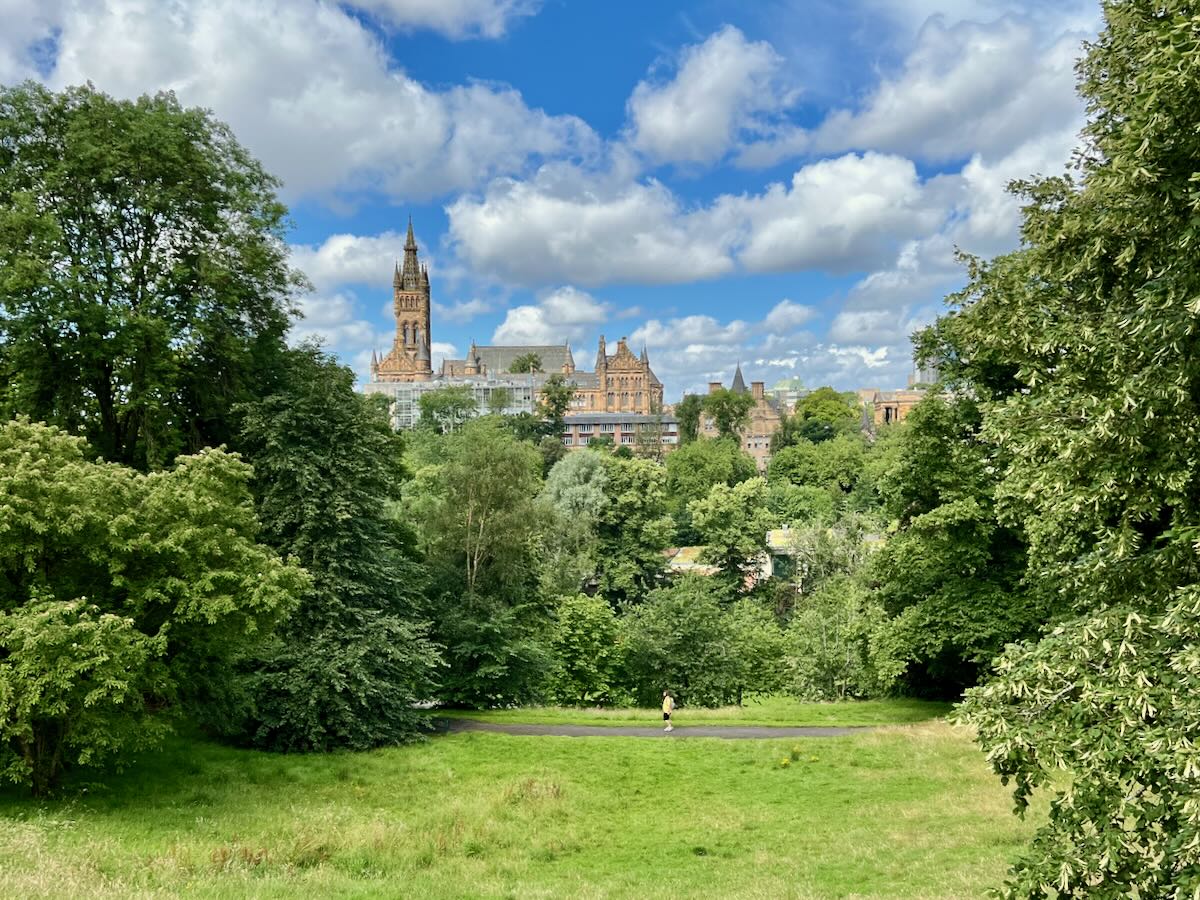Buy Better, Buy Less – Issue 26
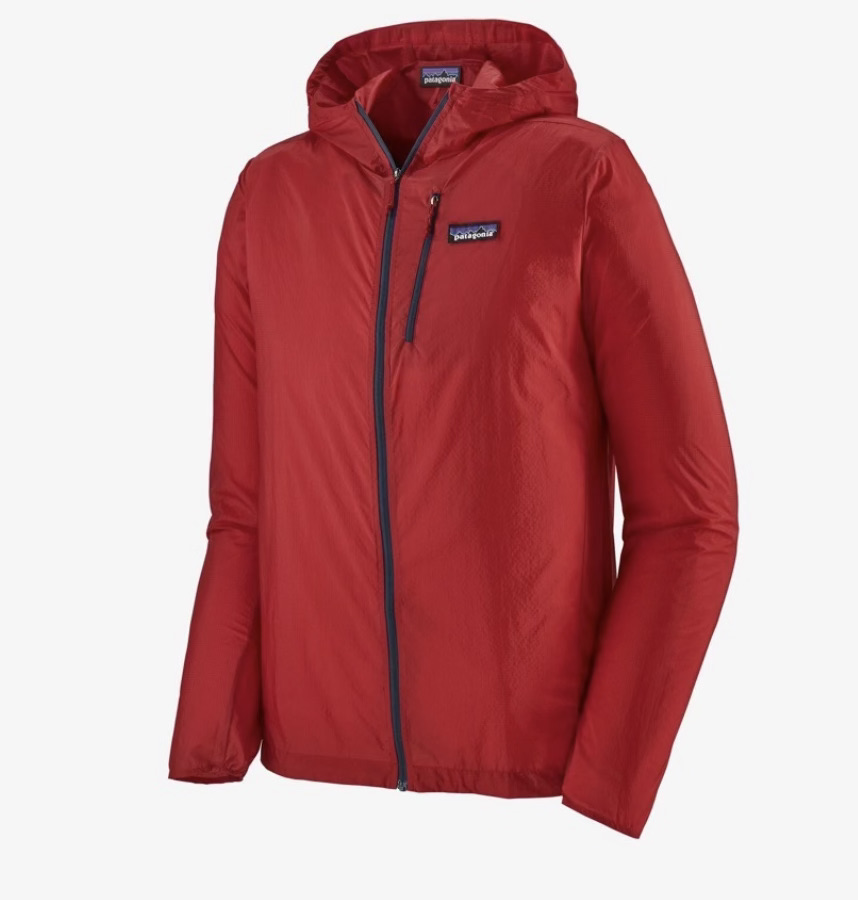
I bought a royal blue Patagonia jacket with a red lining in 1983. I wore it for several years. Three of my children claimed ownership and fought over it. After 25-years it still looked new. The only reason we don’t have it anymore is because it was lost or, even more likely, stolen.
I have a black Patagonia jacket that had a little tear on the sleeve. I took it into the Halifax store and sent it for repairs. It came back good as new and without a repair charge. I continue to buy various items of Patagonia clothing. I will never need another raincoat, polar fleece sweater, or jacket again. If I do want to change up items in my Patagonia collection, there will be takers in my family or I can donate them to charities.
All of this is by way of introduction to a couple of themes that will be recurring.
- Buy better! Buy less!
- As featured in Patagonia advertising: Reduce, Repair, Reuse, Recycle (the “Four R’s”)
The “Buy better, buy less” mantra can apply to anything we consume. It is difficult to apply “repair, reuse”when shopping for food but we can buy and waste less, and recycle. Coffee grounds are great for your garden or sprinkled in your house plants. We have organic composting in Montéal so there isn’t much garbage bound for the land fill from our home.
Environmental Practice
I have had “environmentalist religion” for may years now but it was a bit like my Catholicism – largely unpracticed. Over the past few years world events, personal circumstances, documentaries, food channels, and casual observation have increased my attendance at the environmental church.
- We cannot ignore the impact of human behaviour on the environment. Extreme weather events, wildfires in California and Australia, and rising oceans are inextricably linked to CO2 emissions. Some of you may be in denial of the deleterious impact of CO2 and the “Oil and Gas Industry” on our world, but 97% of the world’s publishing scientists disagree. Scratch a little and you will discover that the other 3% are paid industry or conservative think-tank apologists.
- I also realized the folly of having two automobiles for a two-person household. I can walk, cycle, take the bus, or use an Uber as a last resort if my significant other is using our one car. Pet Peeve: Two adult / two teenager households with four cars in the driveway. These would be the same teenagers that march with Greta Thunberg on Earth Day. They need to walk and take the bus.
- Ken Burn’s “The Dustbowl” chronicles the American man-made ecological disaster fuelled by a frenzied wheat boom. There are numerous academic articles and documentaries that set out the damage caused to the World’s best farming areas by monocultures and chemicals all of which could lead to a new dustbowl. Many of the chemicals used in agriculture are linked to the endangerment of the bee population that is so critical for pollination and production of the food that we eat.
- With retirement came the realization that I have far too many clothes. If I don’t experience any significant weight fluctuation, I could live to a hundred and never have to buy anything but underwear, socks, and shoes. I own some allbirds running shoes so I rarely wear socks now. The fashion industry, largely due to the rise of fast, and cheap fashion, faces increased scrutiny for its environmental impact. It takes 11,000 litres of water to produce 1kg of cotton. It takes 98 million tons of crude petroleum to produce the annual supply of polyester used in the fashion industry. 80% of all clothing sold in the EU ends up in landfill.
- Do you watch “You Gotta Eat Here” or “Dinner, Drive-Ins, and Dives”? I cannot. Just seeing the quantities of bad, greasy food featured on those shows makes me physically ill. The featured glop does not make for healthy bodies, encourages obesity, and celebrates waste. There is a better way to enjoy fantastic food in much smaller quantities.
- When I was trying to learn Italian at the il Sasso language school in Montepulciano one of the instructors expressed amazement at how North Americans replaced household furnishings while there was still lots of life left in the old. She said that in her area of Tuscany, when you saw a neighbour having their roof replaced, you asked if the leak caused much damage. Good quality Scandinavian furniture made in 1950s still looks fresh today, indeed it sells to collectors at collectors’ prices.
We can all do something for our environment by being better consumers.
The Reminders :
Buy better, buy less, reduce, repair, reuse and recycle. Shop local, support local businesses, buy from local farms, and support local artisans and manufacturers. As always, wear face masks as required, wash your hands, practice social distancing, hydrate, and exercise.
